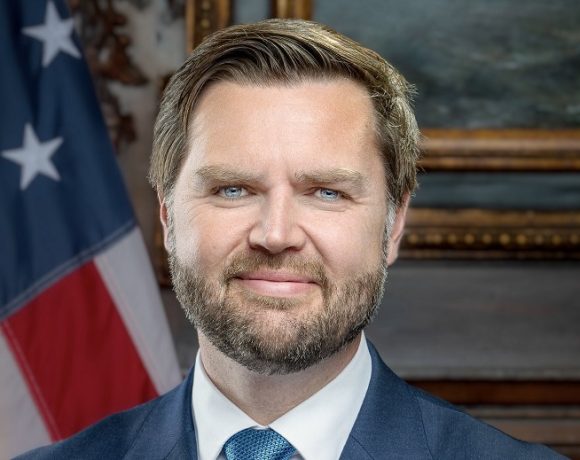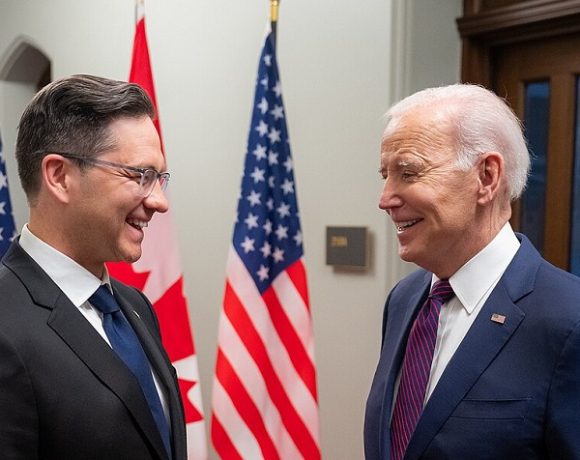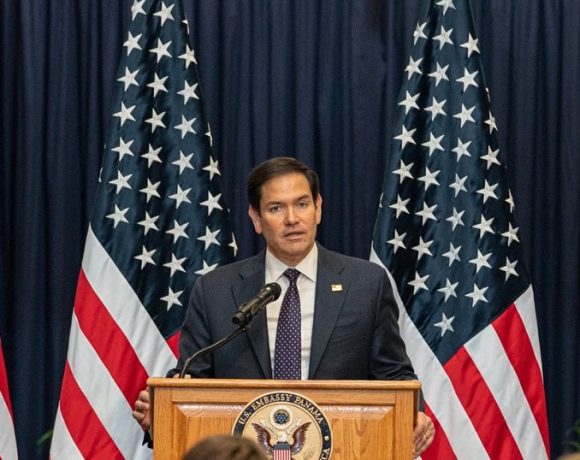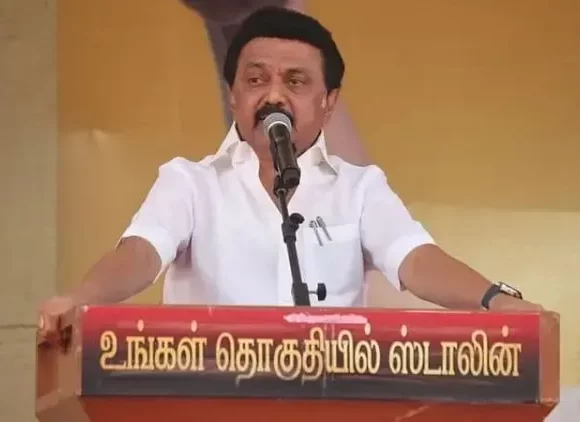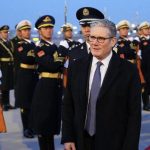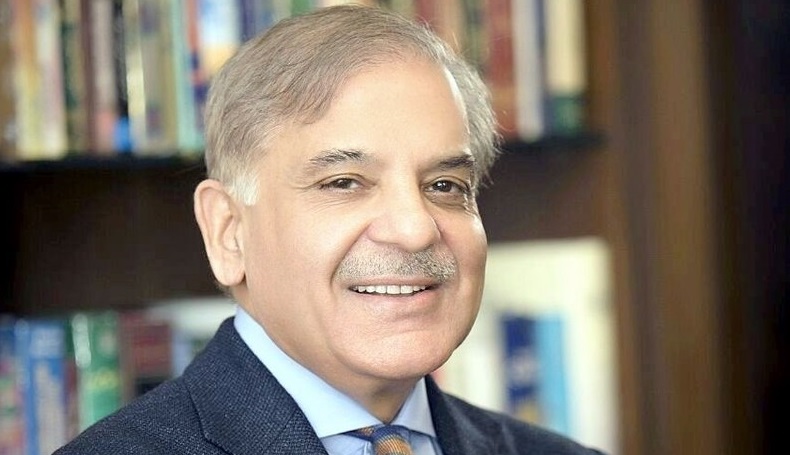
Pakistan Seeks Gulf Mediation Amid Rising India Tensions
In the wake of the devastating April 22 terrorist attack in Pahalgam, Jammu and Kashmir, which claimed the lives of 26 tourists, Pakistan has reached out to its Gulf allies to help de-escalate the escalating tensions with India. Prime Minister Shehbaz Sharif met with ambassadors from Saudi Arabia, Kuwait, and the United Arab Emirates, seeking their support in calming the situation.
During these meetings, Sharif emphasized Pakistan’s commitment to regional peace and stability, reiterating that his country had no involvement in the Pahalgam attack. He urged the Gulf nations to use their diplomatic influence to encourage India to engage in dialogue and reduce hostilities.
The attack, which targeted non-Muslim tourists, has led to a significant deterioration in India-Pakistan relations. India has accused Pakistan of harboring the militants responsible, a claim Islamabad strongly denies. In response, India has taken several punitive measures, including banning imports from Pakistan, suspending the Indus Waters Treaty, and closing the Wagah-Attari border.
Pakistan, in turn, has expelled Indian diplomats, closed its airspace to Indian flights, and suspended visa services for Indian nationals. The situation has raised concerns of a potential military confrontation between the two nuclear-armed neighbors.
The United States has also stepped in, with Secretary of State Marco Rubio urging both countries to de-escalate tensions and engage in constructive dialogue. The international community watches closely, hoping that diplomatic efforts, including those by Gulf nations, will prevent further escalation and restore peace in the region.


